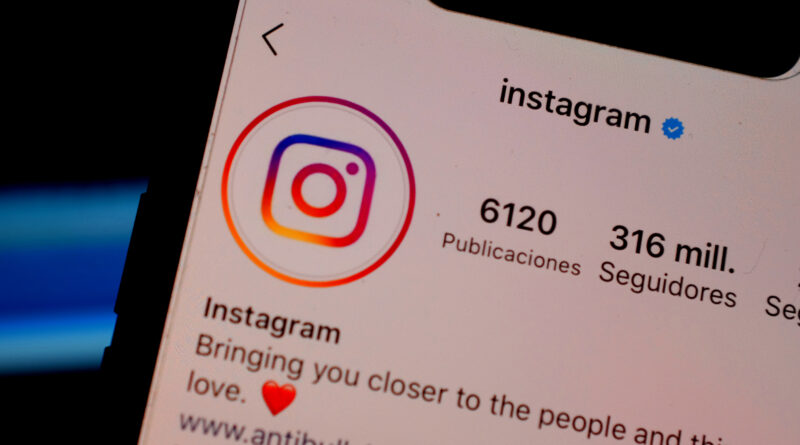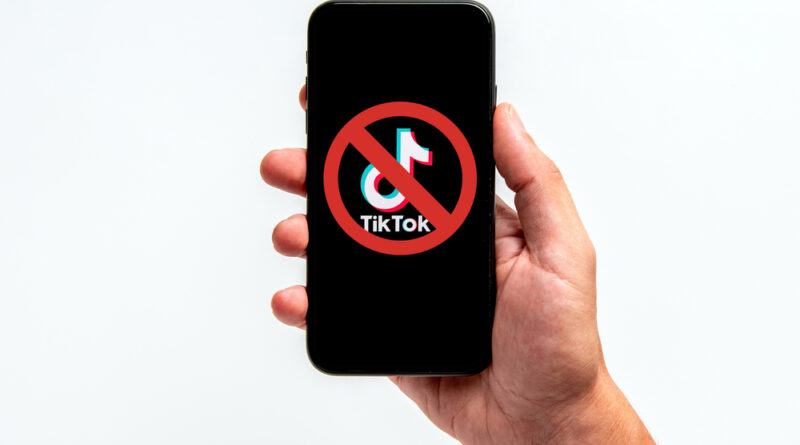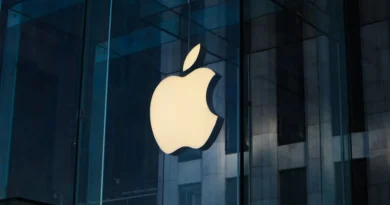تسلية

لمالكي ومحبّي آيفون
خطوات لتحويل كاميرا الهاتف إلى كاميرا احترافية مع أنّ هناك العديد من الشركات العالمية المختصة في إنتاج الهواتف الذكية، إلّا أنّ هواتف آيفون لا تزال تحتل مرتبة متقدّمة وقاعدة جماهيرية
تكنولوجيامشاهدة المزيد

لمعرفة كيفية عمل الذكاء الاصطناعي!
إيلون ماسك يُطلق برنامج “غروك” كمصدر مفتوح للمطوّرين حول العالم جدل جديد يثيره إيلون ماسك، الشخصية المؤسّسة والمبدعة وراء شركات التكنولوجيا الرائدة مثل “تيسلا” و”سبيس إكس”، حيث قام بخطوة وصفت
خدمات مالية ورقميةمشاهدة المزيد

تنمية علاقة صحية مع المال
“الطريق إلى الرفاهية المالية” عصر رقمي متطوّر ومتسارع، تتأثر خلاله قراراتنا المالية بتداخل “معقد” من المشاعر والعادات، إلى جانب المؤثرات التكنولوجية التي برز دورها مؤخراً، من خلال أدوات تسويقية “مساعدة”
ريادة الأعمال

كلّ ما تريد معرفته حول قمّة فوربس Under 30
الخطوة الأولى نحو تحقيق التغيير المنشود في العالم تبدأ بكلّ واحد فينا، وكي تحقّق هذه الجهود الهدف منها لا بدّ من أن تكون مستدامة، من هنا ركّزت أعمال قمّة فوربس

منتدى الاتصالات التكنولوجي: تأكيد لمكانة الأردن
التّكنولوجيا لا تعترف بالحدود! وقد تجّسد هذا المفهوم واقعاً في منتدى الاتصالات التكنولوجي الذي اختزل المسافات بين الأردن وسنغافورة وأكّد مرّة جديدة بأنّ الأردن على الطّريق الصّحيح ليكون قوّة تكنولوجية

تطبيق ريدز: قصّة عربية في الفضاء الإلكترونيّ
بين الإشارات الدّخانية التي كانت وسيلة الاتّصالات الأولى قبل عام 1790 في أفريقيا والأمريكيتين وبعض أجزاء آسيا إلى الإشارات الفيسبوكية والإنستغرامية أو تلك التي يمكن مشاركتها على تطبيق ريدز الجديد

ريادة الاعمال في الاردن تتألّق في المنطقة
ريادة الأعمال في الاردن تحقّق تقدّماً ملموساً وذلك بالنّظر إلى عدّة عوامل أبرزها الرّعاية التي يحظى بها القطاع من الجهات الرّسمية بالإضافة إلى خروج الشّباب بأفكار ريادة أعمال مبتكرة بالنظر


























